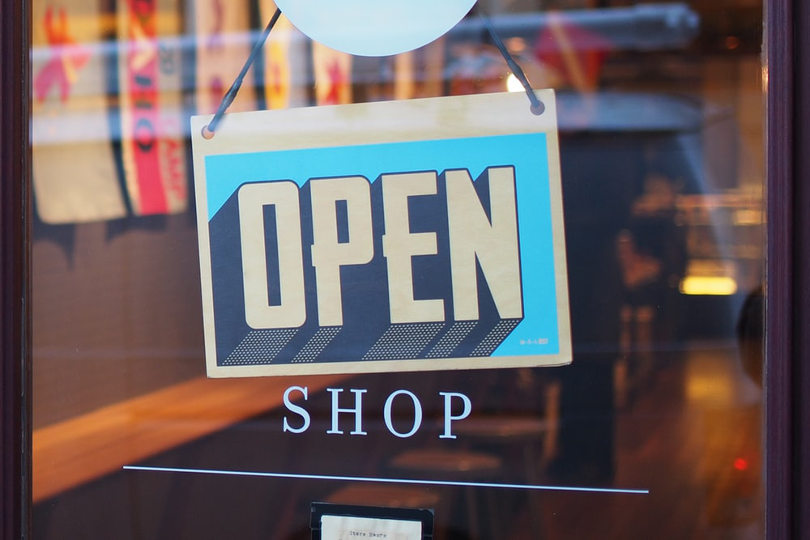Sourcing products is one of the more significant challenges when setting up an online store or retail outlet. Understanding where you can acquire your merchandise is vital to your success. Before looking to source your products, you need to decide what products you plan to sell. You also need to know if you plan to sell online or in a brick and mortar store. Each of these choices will impact your margins and the price you can pay when sourcing stock.
This is not an unusual concern for retailers of all shapes and sizes. There are very few retailers who make the products they then sell. Most acquire the products directly from the manufacturer or wholesaler, while others source products from independent producers. The sourcing of products can feel daunting; it is the single most crucial factor in your business success.

What does it mean to be excellent at product sourcing?
The best retailers spend a lot of time researching as a first step when sourcing products. They look for the best people to buy from so that they have a quality product to sell – and one that offers a decent mark-up. The biggest retailers will look at both international and domestic sources for products.
Those companies who succeed have a stable business in place before they stock up. They have registered the business, sorted all appropriate business documentation and clearly defined communication with those people who will provide the stock.
The best retailers choose product sources based on the business niche and the size of the business. For some, it is sensible to go through a wholesaler, while for others, it makes sense to go straight to the manufacturer.
The manufacturer
A new business will find it difficult to deal directly with the manufacturer. The manufacturer prefers to sell in bulk. Consequently, they will not want to deal with small traders. If you do go to the manufacturer, they will likely ask you to commit to a minimum order – which will require a significant outlay in the first instance. This is fine if you are confident that you can sell these items on and get a return while maintaining your business. However, you will need a lot of capital and you will need ample space to store your stock. The rewards are higher, but so are the risks.
The wholesale supplier
The wholesale supplier is a much more sensible approach for smaller and newer businesses. They can get a steady supply of the product and keep the store inventory going. The wholesaler will act as the bulk buyer with the manufacturer and will pay for the storage space. In turn, you will pay a little more for the product than if you went straight to the manufacturer. However, there is limited risk and no overheads for storing such a substantial amount of stock.
The wholesaler doesn’t have the fanfare of the high street shop. Instead, they package things in bulk displays and so at discounted prices – therefore, they can afford to sell it to you cheaper than you will sell it to your consumer. Most retailers choose wholesalers because they take on much of the hassle of sourcing items from different manufacturers. They will locate the products, communicate across borders, organise the supply chain and do the quality control. As they are a larger organisation than you, they can seek products from a multitude of sources.

Why you should choose a wholesaler
By selecting a wholesaler, you gain because they offer:
- Brand awareness – highlighting to you’re the products that are trending and knowing to the customer
- Large shipments – so they can provide just the right number of products for your business. They do not demand a minimum order and equally, you are not limited to piecemeal orders from lots of suppliers.
- Drop-shipping – this offers a much lower risk. You can market and sell the product and then the wholesaler will deliver the item to your customer upon purchase.
- Easier accounting – as you can make payments to suppliers simple – with one payment to the wholesaler rather than lots of payments to dozens of suppliers.
The use of a middleman will reduce the margin you can make on the stock. Some retailers, who are more confident of their ground, are happy to go to the manufacturer. If you are small-scale with a limited network at home and abroad, the wholesaler is essential to your success.
Checking the trustworthiness of your wholesale company is essential. You are going to be forming a relationship with this company that your business will rely on. Therefore, you need to know the address, phone number, website address and more, to thoroughly check that they are an established and legitimate business.







